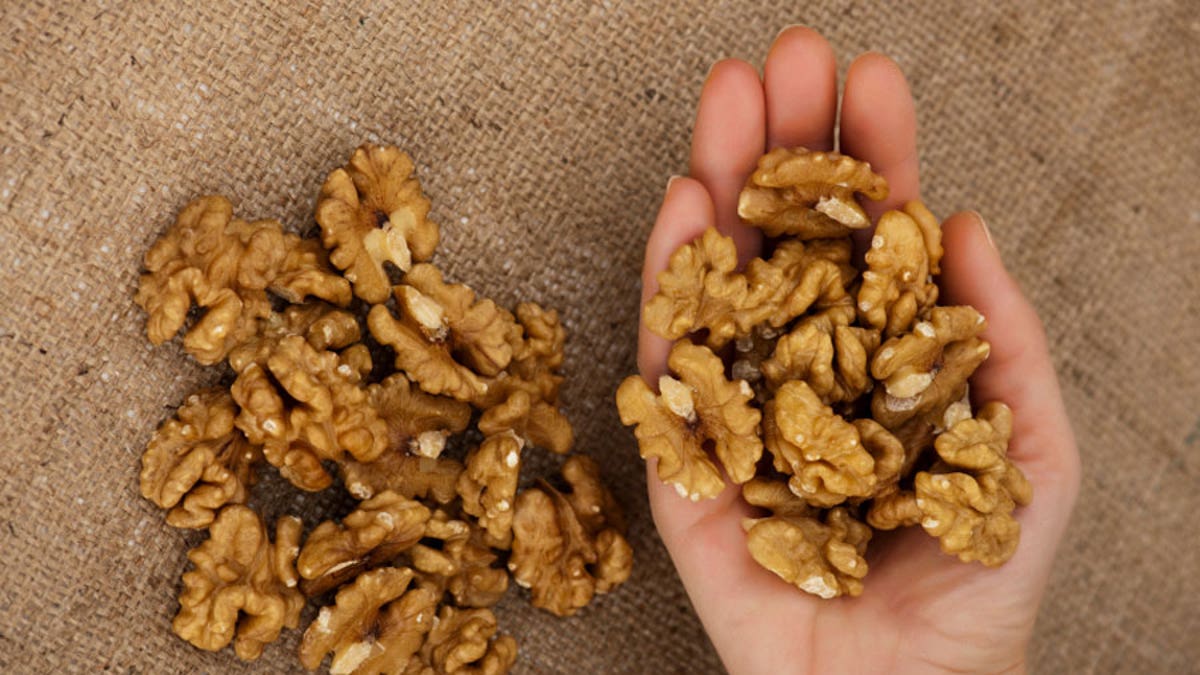
(iStock)
Mix up the flavor (and health benefits!) of your next dish with these olive oil alternatives.
1. Grapeseed
Grapeseed oil has a clean, light, neutral taste and can be used in almost any dish, hot or cold. It can withstand high heat, up to 485 degrees Fahrenheit. You can store it for three months at room temperature (so long as it doesn't exceed 70 degrees Fahrenheit) or longer in the fridge.
BENEFIT: Grape-seed oil is rich in the antioxidant vitamin E, which is often in short supply in our diets.
More from Prevention: Heart-Healthy Fats
2. Walnut
Walnut oil is tasty in salad dressings and drizzled over prepared dishes, but it needs to be refrigerated and should not be used for cooking.
BENEFIT: Because walnuts are one of the best sources of plant-based omega-3 fatty acids, regular use of walnut oil could help reduce your risk of coronary heart disease.
More from Prevention: How Nuts Can Improve Your Memory
3. Coconut
Coconut oil is a vegan-friendly baking substitute for butter and good for low-heat cooking, up to 350 degrees Fahrenheit. (It's solid at room temperature but liquefies with low heat.)
BENEFIT: Coconut oil is about 90 percent saturated fat, but research suggests that it's metabolized in the body more like unsaturated oil, possibly because it comes from a plant rather than animal source.
More from Prevention: 10 Amazing Beauty Tricks With Coconut
4. Refined Avocado
Avocado oil is a great option if you don't want to overpower a dish's other ingredients. It has a mild, nutty flavor and a high smoke point (520 degrees Fahrenheit), making it good for stir-frying, sauteing, roasting, and even baking.
BENEFIT: Like olive oil, avocado is high in mono-unsaturated fats that help lower "bad" LDL cholesterol and increase "good" HDL.
More from Prevention: Foods for a Flatter Stomach
5. Toasted Dark Sesame
Sesame oil shines in vinaigrettes for noodles and green salads but shouldn't be heated, or it will produce a bitter flavor. Keep it refrigerated.
BENEFIT: The sesame seeds that are used to create the oil form antioxidants during roasting, says Deborah Beauvais, RD, a spokeswoman for the Academy of Nutrition and Dietetics.







































